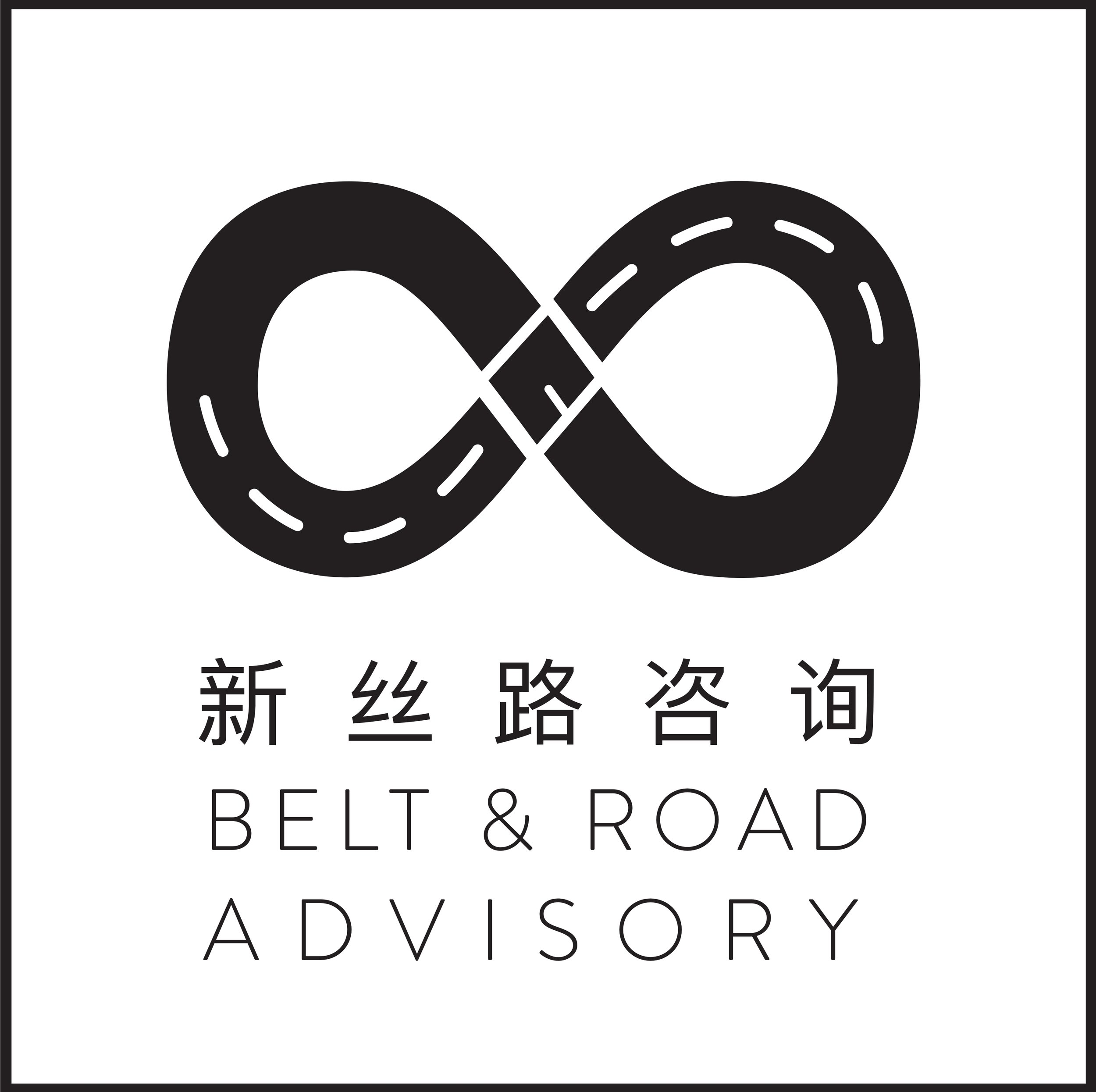Legal Quagmire Blocks Belt and Road Initiative in CEE?
Belgrade-Budapest High-speed Railway: Lessons to be learnt
To succeed, the Belt and Road Initiative (BRI) needs to cut through the complexity presented by differing political, economic, cultural and legal frameworks across countries. In a previous piece, we argued that thorough due diligence needs to be conducted to ensure investment risks don’t turn into investment disasters. In this follow-up two-part piece, we draw on the example of the Belgrade-Budapest high-speed railway (BB HSR) to illustrate the setbacks that BRI might face if it fails to properly come to terms with legal and regulatory heterogeneity in over 60 countries already participating in the initiative.
In 2014, it was agreed between China, Serbia and Hungary that a 350 km length high-speed rail track would be built to connect the two capitals; Belgrade and Budapest. The project was estimated at $2.89 bn and holds great importance for the BRI for three key reasons:
1. BB HSR is integral to complete the European Land-Sea Express Route
One of the major BRI projects is the construction of a European Land-Sea Express Route, which would connect the port of Piraeus in Greece with Central and Western European markets through a system of rapid railway connections. The first part of this route is making progress; China COSCO Shipping Corp. (COSCO) acquired a majority stake in Piraeus in August 2016, this was followed by the announcement of another investment in August 2017 of €500mn to improve surrounding logistics infrastructure and widen the port’s capacity.
FT
The second part of this route is a high-speed rail link from Piraeus into mainland Europe that goes through Macedonia, Serbia and Hungary. BB HSR constitutes the final stretch of the rail link, and once developed, would bring down train times from 8 hours to 3 hours using a 200 km/hr high speed train. Reducing journey times of this leg by more than half is critical for the success of the Land Sea Express Route as it would allow a much wider range of perishable goods to be transported by train; thereby facilitating improved trade.
2. China needs BB HSR to be a success for 16+1 Cooperation
The BB HSR project is also connected to 16+1 China-Central and Eastern Europe (CEE) Cooperation (16+1), which in turn is the flagship cooperation agreement for China and CEE countries under the BRI. The BB HSR has long been meant to become a major success story for the platform and a show of China’s capacity to engage CEE with transnational BRI projects.
The project has been discussed during each of the annual 16+1 Summits since 2013 and has featured in each of the respective guidelines as well as the 2015 Medium-Term Agenda for Cooperation between China and CEE. Therefore, politically China cannot afford to fail with the BB HSR project.
16+1
3. China needs to promote its HSR
Finally, construction of BB HSR is an opportunity for China to show its ability to construct a major railway project that complies with European standards. Europe is watching carefully and if successful, it could help to secure future HSR contracts. Globally, there remains little consensus as to the efficacy and quality of Chinese international railway projects, indeed a recent Forbes article stated, “The Singapore to Kunming HSR line has been replete with delays and funding conflicts, Mexico City to Queretaro imploded, Los Angeles to Las Vegas didn’t happen, Moscow-Kazan is still speculation, and while after many delays Jakarta to Bandung appears to be getting ready to go, construction has not yet commenced.” Successful implementation of the BB HSR in compliance with EU regulations would certainly help to alleviate some of the concerns held in Europe.
Overlooking regulations has caused the project to stall
Despite the clear significance of the BB HSR, the project has stalled given an inability to comply with European regulations and in February 2017 the EU Commission launched an investigation into the $1.8 bn Hungarian part of the project. Hungary is the only EU member in the Macedonia-Serbia-Hungary railway link, and accordingly is subject to EU regulations which stipulate that a public tender must be offered for this kind of infrastructure investment. Yet, no contract related to the Hungarian section of the railway was made public. Instead, a bilateral Sino-Hungarian treaty from November 2015 featured a call for selected companies to cooperate on the project. The project was to be funded by China Exim Bank, constructed by a consortium of Chinese companies including China Railway International and China Communications Construction Company and implemented by Hungarian State Railways. This bilateral and opaque transaction was seen by the European Chamber of Commerce in China as “completely bypassing European rules to public bids”.
The construction of the Serbian part of BB HSR is, therefore, due to start imminently, while the Hungarian section will launch its tender at the 16+1 summit later this month. Chances are the project will still be won by Chinese contractors, however, this doesn’t reverse the damage from over 8 months of stalling. By the time construction actually starts, it will probably have been delayed by over a year and damaged cash flow for a number of Chinese companies involved.
To the credit of the Chinese, they are learning from past mistakes. In our follow-up piece, we discuss the bodies involved with the thinking around legal risks and structures behind BRI.
However, the case of BB HSR clearly shows how important it is for China to tackle the legal challenges associated with BRI; in this case, a strategic project long in the making came to a stop due to overlooking the legal framework of the EU. With so many actors involved in a wide range of BRI projects, such incidents present a major barrier for the success of BRI. While this project only encompassed three countries, many of BRI’s projects span over a greater number of countries and could become stuck in a legal quagmire if improper due-diligence is conducted.



